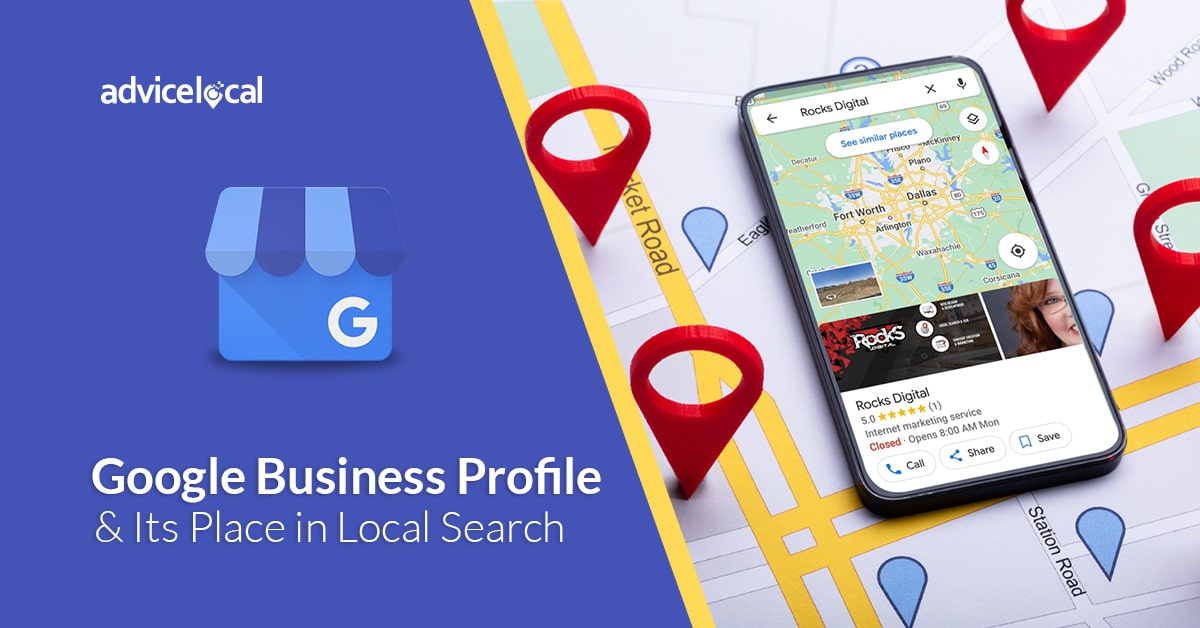Lets debunk some common misconceptions
In the ever-evolving world of SEO, myths and misconceptions can persist for years, leading businesses and website owners down the wrong path. With over 15 years of experience in the SEO field, I’ve witnessed the rise and fall of various SEO myths. Now I’m not saying some of these methods wont work, they just wont work long term and after all, SEO is a long game.
In this article, I’ll debunk seven common SEO myths and explain why following these poor strategies can harm your website’s performance.
Myth 1: Keyword stuffing is a winning strategy.
Fact: Keyword stuffing is an outdated and counterproductive tactic. In the past, stuffing a page with keywords might have ranked it higher, but search engines have evolved. Today, excessive keyword usage can lead to keyword cannibalization, poor user experience, and a Google penalty. Instead, focus on natural, high-quality content that provides value to your audience.
Myth 2: Meta keywords matter for SEO.
Fact: Meta keywords are no longer relevant for SEO. Search engines like Google stopped using meta keywords as a ranking factor years ago. Instead, they prioritize content quality, user experience, and backlinks. Ignoring meta keywords won’t negatively impact your rankings; in fact, it can save you time and effort better spent on other SEO tasks.
Myth 3: The more backlinks, the better.
Fact: Quality trumps quantity when it comes to backlinks. A decade ago, acquiring as many backlinks as possible was the goal. Today, Google values high-quality, relevant, and authoritative backlinks over sheer quantity. Pursuing low-quality backlinks can lead to penalties and harm your website’s reputation.
Myth 4: SEO is a one-time effort.
Fact: SEO is an ongoing process, not a one-time fix. The digital landscape evolves, algorithms change, and competitors adapt. Neglecting your SEO strategy after initial optimization can lead to a drop in rankings and traffic. Regularly update and improve your content, monitor analytics, and stay informed about industry trends.
Myth 5: All duplicate content is harmful.
Fact: Not all duplicate content is penalized by search engines. While duplicate content can be an issue when it’s intentionally used to manipulate rankings, some types, like product descriptions or boilerplate text, are common and don’t lead to penalties. Focus on eliminating malicious duplication while not obsessing over innocuous instances.
Myth 6: SEO is all about ranking #1.
Fact: While ranking on the first page is essential, being #1 isn’t always the ultimate goal. It’s more important to attract qualified organic traffic and convert visitors into customers. Achieving a top ranking for a high-competition keyword may require substantial resources and may not provide the best ROI.
Myth 7: Social media directly impacts SEO rankings.
Fact: Social media signals, like likes and shares, don’t directly influence SEO rankings. While social media can indirectly benefit SEO by driving traffic and brand awareness, it’s not a ranking factor. Focus on creating a strong social media presence to complement your overall digital marketing strategy.
Key takeaways
In conclusion, SEO is a dynamic field that requires staying informed about industry changes and avoiding outdated myths. By debunking these seven common myths and adopting a modern SEO approach based on quality content, backlinks, and user experience, you can improve your website’s performance and achieve sustainable long-term success in search engine rankings. Remember, SEO is a marathon, not a sprint, and focusing on user value is the key to success in today’s digital landscape.





